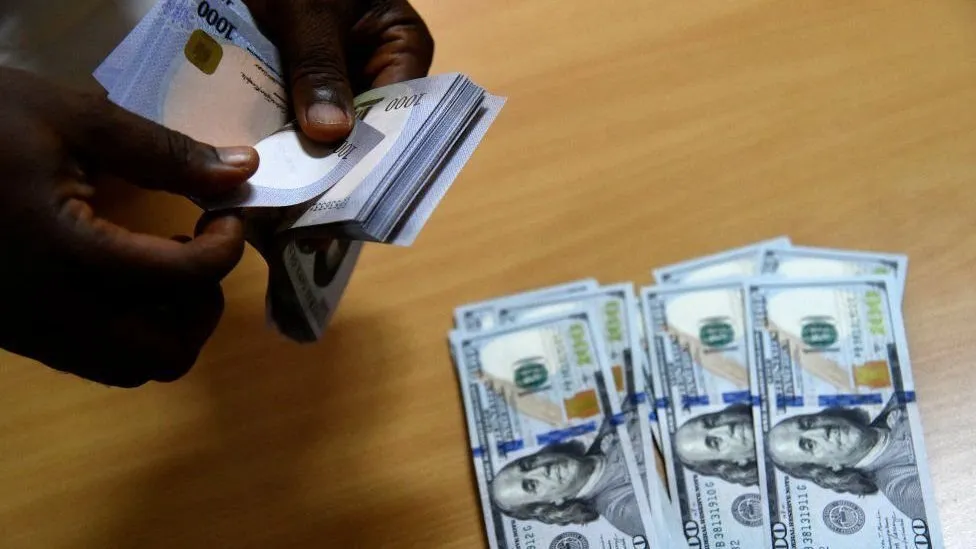Recent data reveals a staggering 68% decline in the value of the Naira following the implementation of the foreign exchange unification policy. In January 2024, the official foreign exchange rate skyrocketed to N1455.59/$, a stark contrast from the N464.67/$ recorded in May 2023.
Simultaneously, the parallel market witnessed a similar nosedive, plummeting from N763/$ to N1470/$ during the same period, equating to a distressing 48% devaluation. This economic upheaval is further accentuated by Nigeria’s dwindling external reserves, shrinking from $35.09 billion to $33.35 billion, with projections anticipating a drop to $24 billion this year.
Insightful Analysis In a bold maneuver in June 2023, the Central Bank of Nigeria (CBN) initiated a strategy to consolidate the foreign exchange market, aiming to foster liquidity and stability. However, this transformational shift seems to have inadvertently exacerbated market volatility, leading to the Naira’s rapid depreciation.
The heightened demand for foreign currency, driven by urgent needs such as educational fees, healthcare, and importation costs, continues to strain the local currency. Additionally, factors like substantial inflows from non-oil sources, insufficient oil production meeting OPEC quotas, and rampant oil theft have compounded the issue.
The devaluation of the Naira has triggered widespread economic repercussions, including increased import expenses, soaring inflation rates, diminished purchasing power, and a deterrent effect on investment. The inflation rate peaked at 28.92% by December 2023, as reported by the National Bureau of Statistics (NBS), highlighting the economy’s inflationary pressures.
The fate of the Naira hinges on various factors, including monetary and fiscal policies, political stability, and global confidence in Nigeria’s economic outlook. Foreign exchange illiquidity poses a significant challenge, hindering the country’s ability to meet forex obligations and eroding foreign investor confidence.
In response, the CBN has taken measures to address the backlog of foreign exchange forwards, with outstanding balances totaling $2.2 billion. Looking ahead, the efficacy of policy reforms will be crucial in stabilizing the Naira against the dollar, emphasizing the intersection of policy effectiveness and economic resilience.











